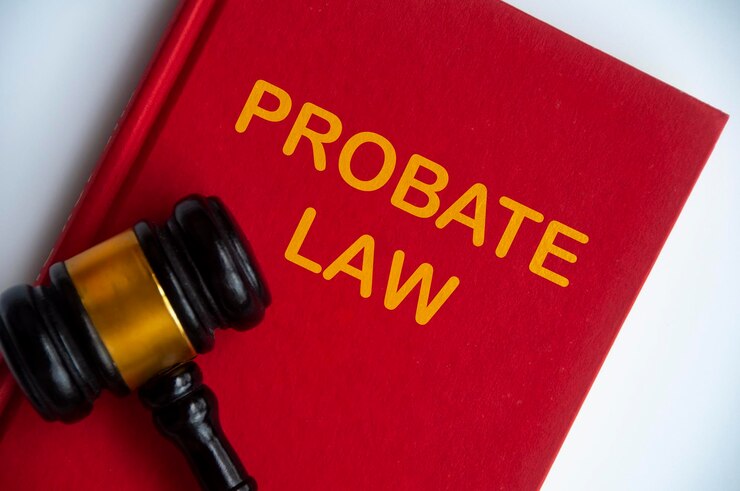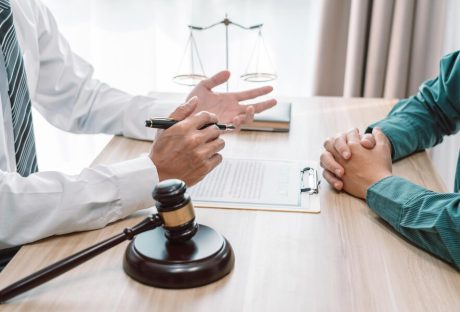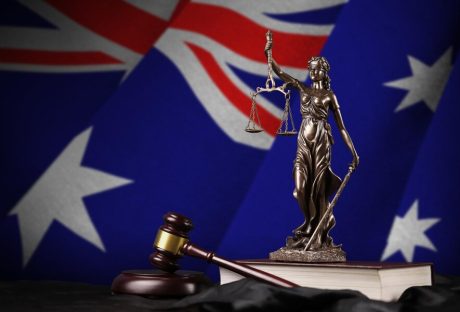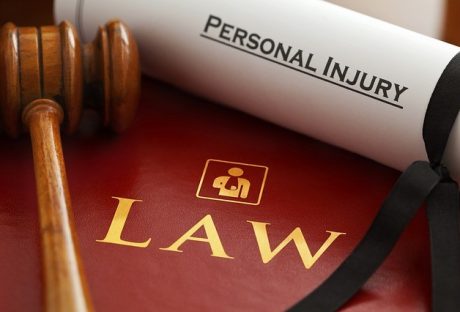Probation is a vital legal process for handling the estate of a deceased person.
In New South Wales (NSW), understanding the various costs associated with probate is crucial for estate administrators. This article aims to provide a detailed view of the different expenses involved in the probate process in NSW. We will delve into each component, offering insights to help you navigate the cost of probate NSW.
What is Probate?
Probate is a legal process necessary to ensure that the wishes of a deceased person accomplish according to their Will. It involves presenting the Will to the Supreme Court of NSW to verify its validity and to grant the executor the authority to administer the estate.
This process can be complicated and also time-consuming, but ensuring that the estate is distributed fairly and following the deceased’s wishes is essential. If you have recently lost a dear one and are unsure about the probate process, you should seek the advice of an extremely qualified and highly experienced legal professional who can guide you.
Understanding Probate Fees

Probate fees can include a range of expenses incurred during the probate process, which is the legal procedure of administering a deceased person’s estate. Some of the costs of probate NSW may include legal, court, and executor fees.
The complexity of the estate can play a role in determining the overall cost of probate, as more complex estates may require more time and resources to manage. The specific services required during probate can also impact the total cost. For example, if the estate involves disputes or challenges to the Will, this can increase the overall cost of probate.
Court Fees
One of the primary expenses in the probate process is the court fees. When filing for probate in NSW, one must pay an application to the Supreme Court. The fee is calculated based on the estate’s value, determined by the gross value of the deceased’s assets. It is essential to gather accurate asset valuations to determine the appropriate cost of probate NSW.
Executor’s Commission
The estate executor, responsible for administering the assets and distributing them according to the Will, is entitled to receive a commission for the offered services. The commission is usually a portion of the estate’s value and is subject to court approval. This commission compensates the executor for their time, effort, and responsibility in managing the estate.
Legal Fees
Engaging a solicitor or a law firm to assist with the probate process is common practice. Legal fees can vary depending on the complexity of the estate and the services required. It is advisable to obtain a detailed breakdown of the legal fees before engaging legal professionals. The legal fees typically cover services such as reviewing the Will, preparing and filing probate documents, communicating with beneficiaries and creditors, and providing legal guidance.
Accountant Fees
When it’s about managing the financial aspects of the probate process, it may be beneficial to seek the assistance of an accountant. They can provide valuable expertise in ensuring accurate financial reporting and preparing estate tax returns. Additionally, they can offer sound advice on complex financial matters related to the estate.
The cost of probate NSW charged by accountants will depend on the services provided, with hourly rates or a percentage of the estate’s value being the most common payment structures. Ultimately, enlisting the services of an accountant can help ensure that the probate process runs smoothly and efficiently, giving you peace during a potentially stressful time.
Valuation Fees
To accurately determine the value of the deceased’s assets, it may be necessary to obtain professional valuations. Valuation fees can apply to properties, investments, collectibles, and other valuable assets that form part of the estate. Professional valuers assess the fair market value of the assets, considering factors such as current market conditions, asset conditions, and demand. These valuations are crucial for estate accounting and distribution purposes.
Advertising and Notice Fees
As part of the probate process, placing advertisements or publishing notices in newspapers to notify potential creditors and beneficiaries is often required. These advertising and notice fees can vary depending on the publication and the duration of the advertisement. Giving public notice ensures that any interested parties can come forward with any claims against the estate or assert their rights as beneficiaries.
Other Miscellaneous Costs
Apart from the fees mentioned above, there is also another miscellaneous cost of probate NSW. These include postage, courier fees, photocopying, and document certification charges. These smaller costs can add up, so it is important to record all these expenses for accurate accounting purposes. Maintaining detailed documentation of every expense is advisable to ensure transparency and accountability.
Summing Up
Probate fees in NSW encompass a range of costs essential to an estate’s successful administration. Understanding these expenses is crucial to effectively manage the probate process, from court to legal and accountant fees. By breaking down the different costs, we hope this article has provided you with valuable insights to navigate the complexities of the cost of probate NSW.
Probate fees in NSW can be significant but essential to ensuring a smooth and legally valid estate administration. By being aware of the various expenses involved and seeking professional guidance, you can navigate the probate process with confidence and efficiency.
Probate Consultants offer their services at reasonable prices and ensure their clients can relax while they complete all the court formalities. So, contact them and provide a worry-free grant of the probate procedure.
Read Also:
- 10 Estate Planning Tips to Help You Prepare for the End
- 5 Easy Estate Planning Tips to Help You Plan for the Future
- Surviving Loss: What to Do With an Estate After You Lose a Loved One























